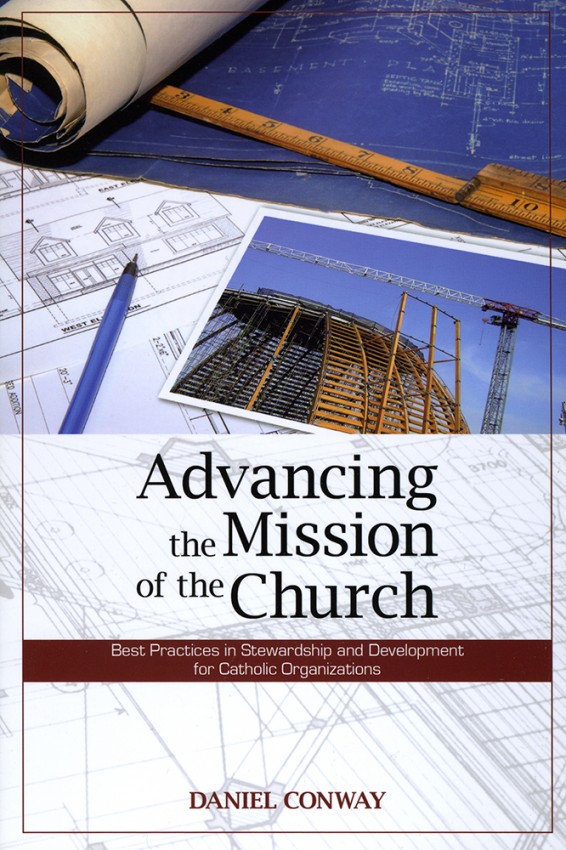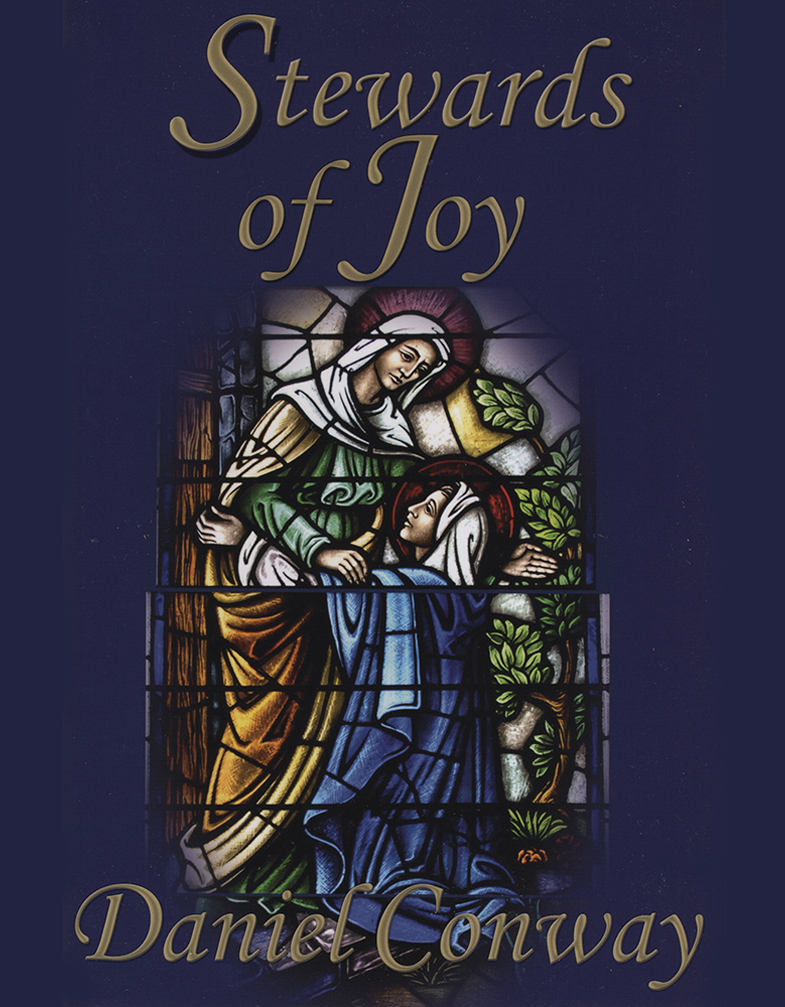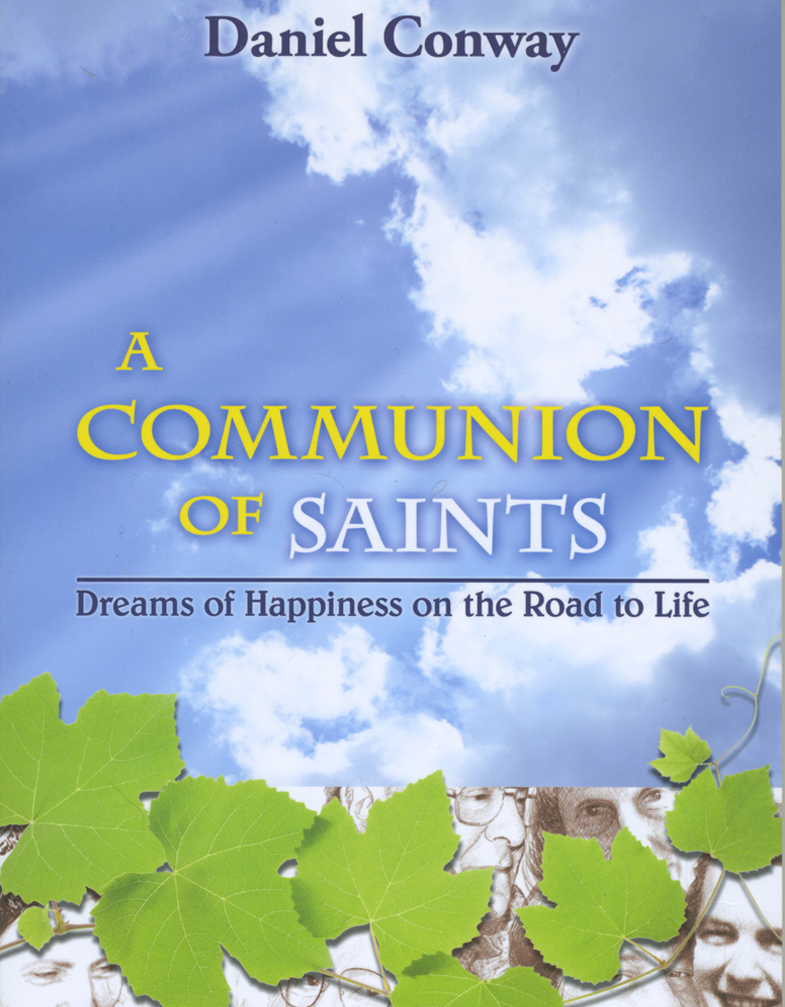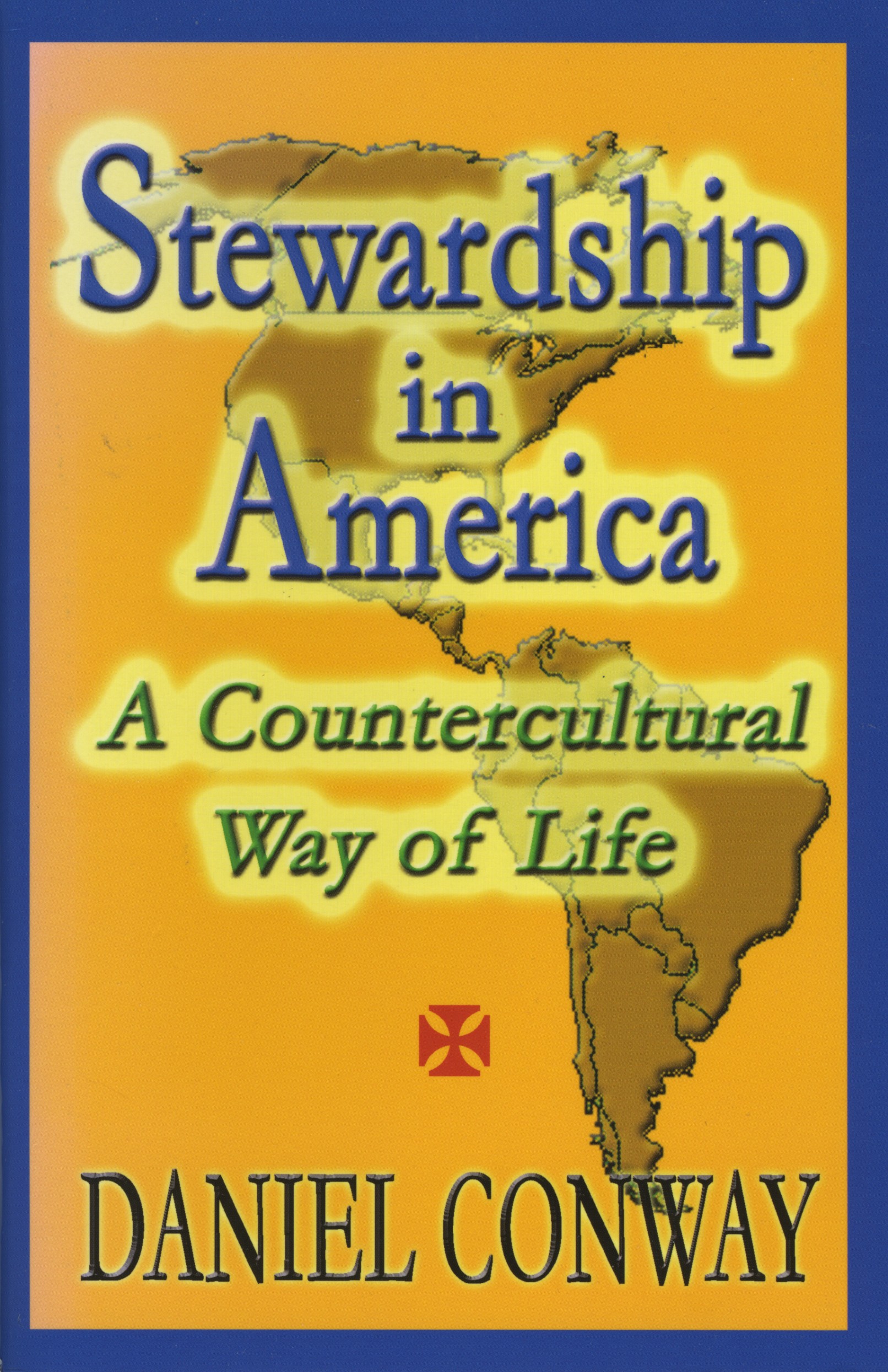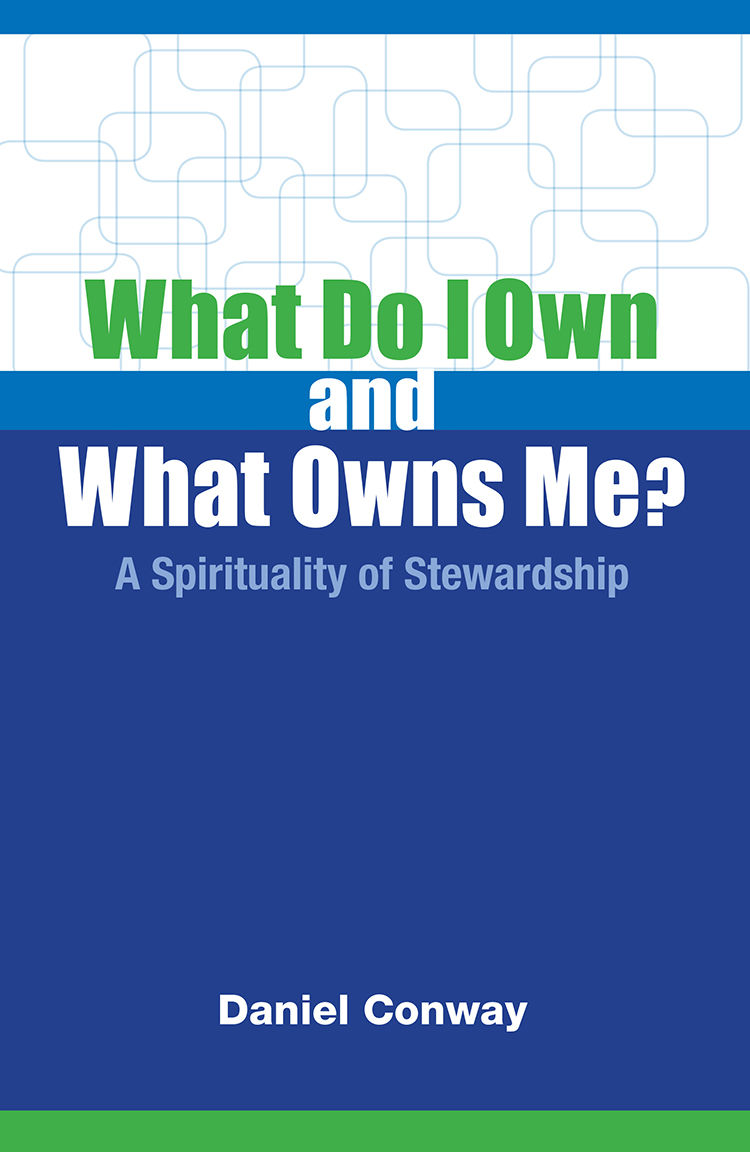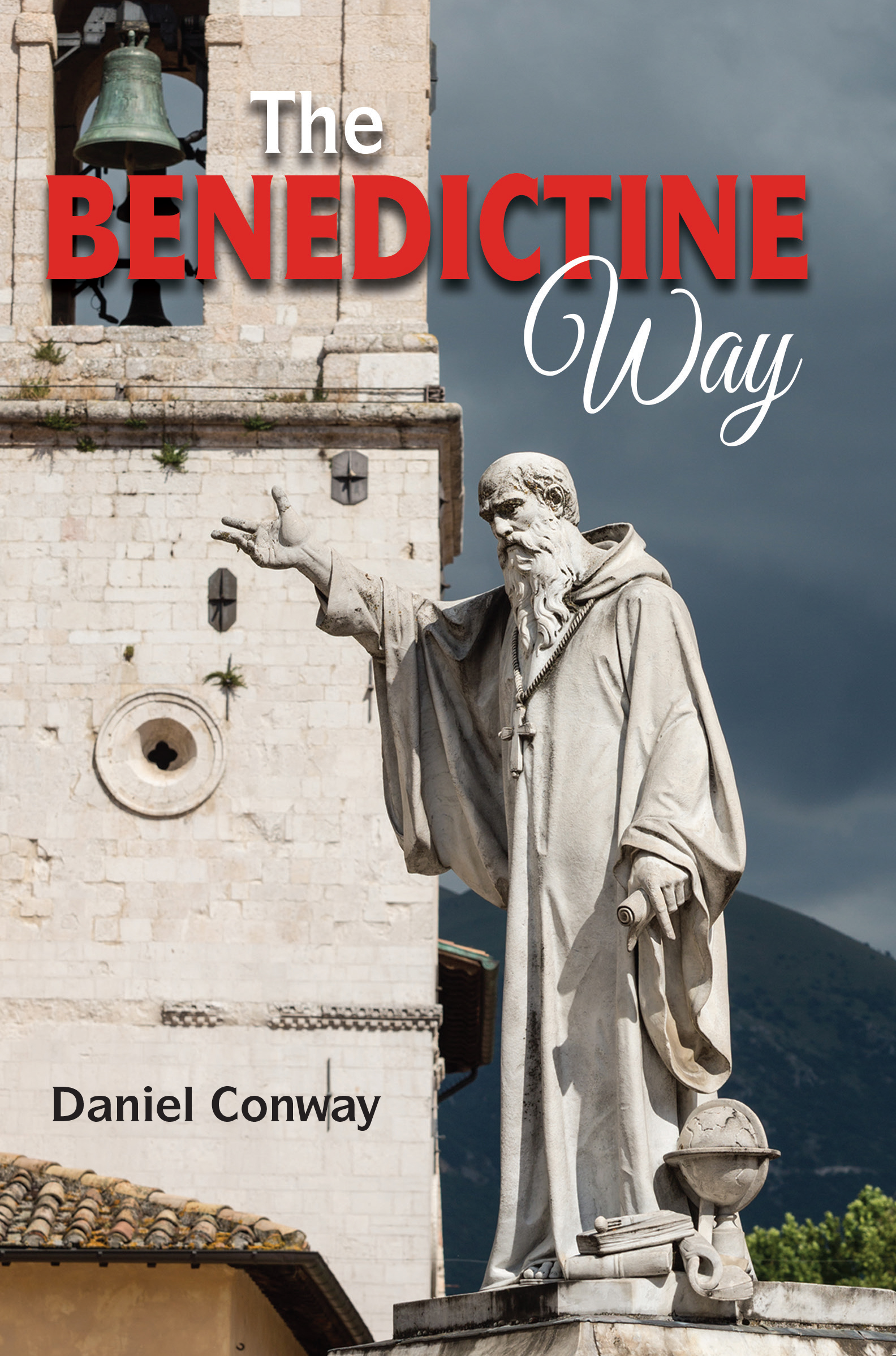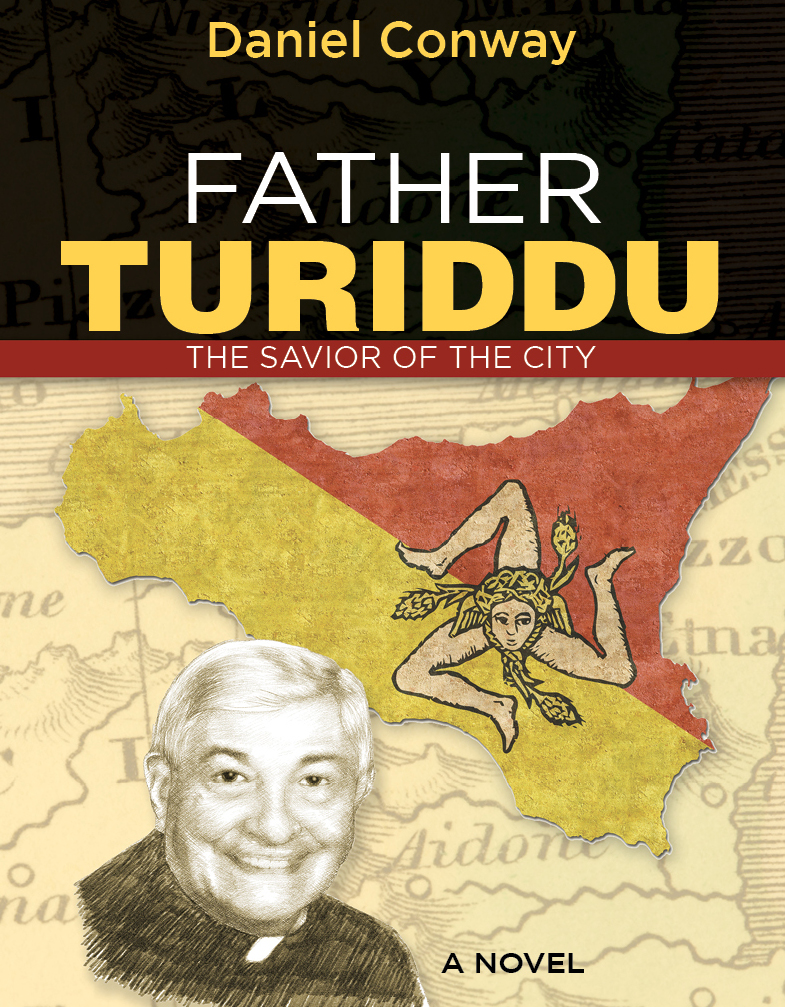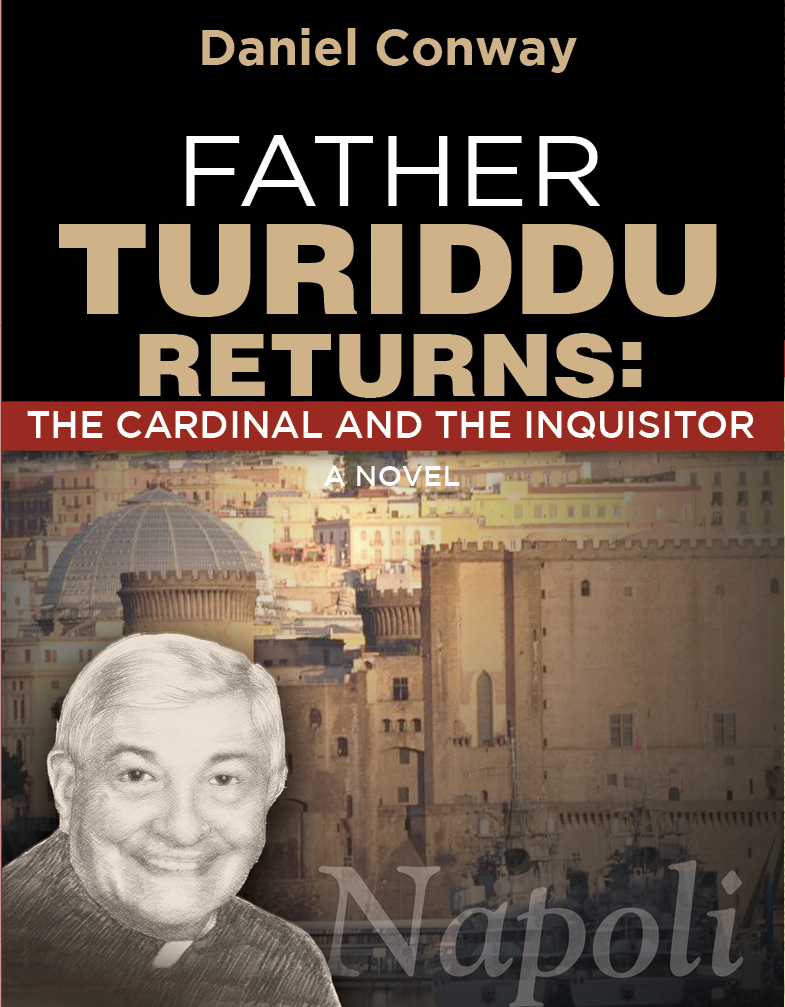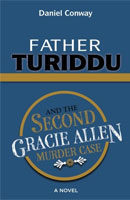Today too, there is a need to appeal to men and women of good will to share, by almsgiving, their goods with those most in need, as a means of personally participating in the building of a better world. Charitable giving makes us more human, whereas hoarding risks making us less human, imprisoned by our own selfishness. (Pope Francis, 2020 Message for Lent)
During Lent, we’re reminded that “almsgiving” is a discipline that, combined with prayer and fasting, can prepare us spiritually for experiencing the joy of Easter. To give alms is to share our money, food, clothing and/or other material things with others, especially the poor.
In his Message for Lent 2020, Pope Francis teaches us that God’s abundant gifts are not to be hoarded but to be shared generously. “Charitable giving makes us more human,” the pope says, “whereas hoarding risks making us less human, imprisoned by our own selfishness.”
Almsgiving is an aspect of the spirituality of Christian stewardship. But the concept of stewardship is broader, and deeper, than just giving alms. Stewardship refers to a Christian disciple’s responsibility to take care of, and share, all God’s gifts both spiritual and material. So, for example good stewards manage their time and talents well so that they can share them generously with family, friends, coworkers and even strangers. Almsgiving means more than just sharing material things with the poor. We’re called to share ourselves, our hearts and minds and hands, as well as our financial gifts.
The word “stewardship” can be problematic. The concept did not enter the official language of the Catholic Church until recently—with the publication of the U.S. bishops’ 1992 pastoral letter Stewardship: A Disciple’s Response, and the word itself has no exact equivalent in Spanish and many other languages.
Some Church leaders, including some bishops, pastors and lay professionals, prefer other terms such as philanthropy, development or mission advancement. Still others believe that the Church should emphasize concepts such as evangelization and discipleship rather than the rather cumbersome language of stewardship.
Why bother using the word “stewardship”? Can’t we find alternative terms to express what is meant here?
Unfortunately, the answer is no. In spite of the word’s clumsiness, its difficulty in translation and its Protestant roots, the concept of Christian stewardship conveys a depth and breadth of meaning not found in the synonyms frequently suggested for it. The definition proposed by the American bishops in their 1992 pastoral letter, closely aligns stewardship with discipleship, calling it “a disciple’s response” to the Lord’s invitation to nurture, develop and share all God’s gifts. Stewardship absolutely includes almsgiving (generous sharing of material possessions). It is also closely aligned with evangelization (sharing the Good News of Jesus Christ.)
Especially in the Church, professional concepts of development, fundraising and mission advancement would be stripped of their full meaning if they were totally divorced from the spirituality of stewardship. Too many people equate these terms, and that is always a mistake. Stewardship is about much more than giving time, talent and treasure. It’s meant to be a total sharing—not just giving 10 percent, but giving 100 percent, giving all through our careful nurturing and generous sharing of all that we have, and all that we are, as stewards of God’s abundant gifts.
The word stewardship is meant to convey first of all the acknowledgement that God is the owner and giver of all things spiritual and material and that we are to be trusted stewards of what belongs exclusively to God. This includes, of course, sharing our gifts with the poor, but its primary meaning is that we are called to be custodians of all God’s creation who share generously with all our sisters and brothers.
None of the other words that we use to describe the spirituality of self-giving—as valuable and important as these are—is capable of communicating the distinctive ideas that: a) we are caretakers, not owners, b) that we have a God-given responsibility to nurture, develop and share all God’s gifts (including our minds, our bodies, our emotions, our material possessions and the earth, our common home) and c) that giving makes us more human, more truly made in the image and likeness of God).
This Lent, let’s be grateful, accountable and generous stewards of all the gifts we have received from our good and gracious God. Let’s give alms to those who are most in need, and let’s return all God’s gifts back to the Lord, with increase, and with deep gratitude and humility.
Daniel Conway

